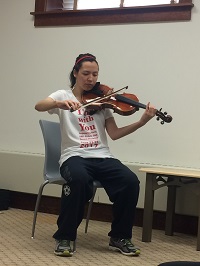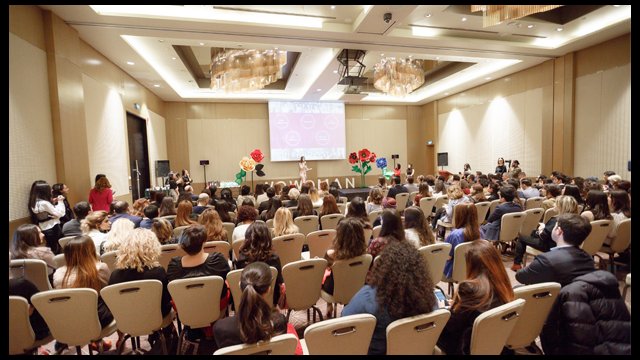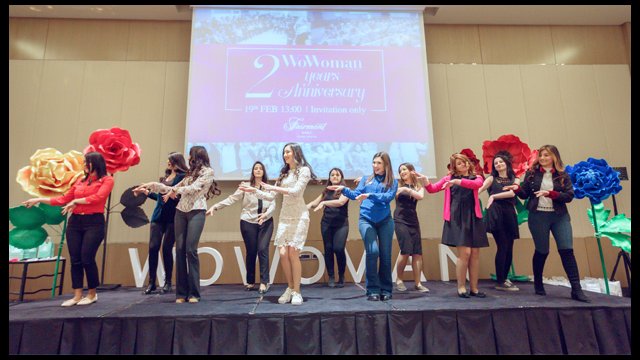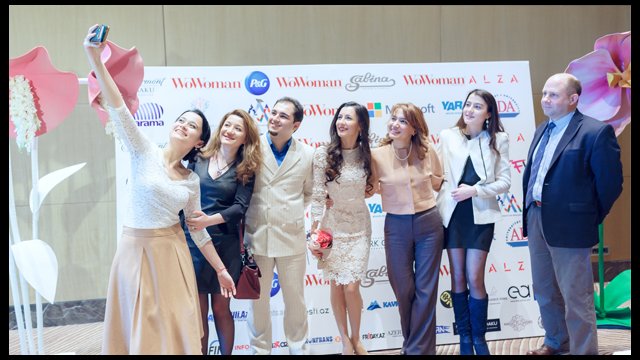ladamaalbumrelease.bandcollage.jpg
 Photo Credit,
Photo by Sea Robin Studios
Photo Credit,
Photo by Sea Robin Studios
Hailing from one of the most musically diverse regions of the world, LADAMA is a group of four female musicians who are using instruments from across the Western hemisphere to create a unique Latin Alternative sound. These women met as participants of the OneBeat exchange program, which brings together musicians from around the world to the U.S. for one month each fall to collaboratively write, produce and perform original music, and develop strategies for arts-based social engagement. LADAMA’s members come from Venezuela, Colombia, Brazil, and the United States, and their music is breaking barriers musically and socially. Although all four musicians contribute vocals, it’s their mix of traditional and modern instruments that sets them apart. Latin American music has roots in Indigenous, African, and European rhythms and encompasses many genres, making it a truly global musical form. With a recently released debut album, and video that’s going viral, these women—Lara Klaus, Daniela Serna, Maria Fernanda Gonzales, and Sara Lucas—are a great example of how alumni can work together across borders to bring about change in their communities and have a global impact.
These artists create rhythms that showcase their respective countries’ rich musical traditions, while using their talents to educate and empower women in all aspects of music creation, production, and collaboration. The members of LADAMA utilized their talents to address gender inequality and unequal representations in the music industry through an Alumni Engagement Innovation Fund (AEIF) grant. For their AEIF project, they created a series of workshops in Brazil, Colombia, and Venezuela that taught music-making, composition, and audio production, providing the tools to empower women and adolescent girls to create original material. Participants tackled questions of gender equality in the regional development of arts, as well as the gender-equity issues women and girls face in their communities. They also held panel discussions and forums with guest speakers in the music industry, with topics ranging from business to “The Arts as a tool for Social Transformation.” Participants finished this program better prepared to create music and utilize multi-media tools to bring their own projects to life. Hundreds of women from underserved communities can now use the latest technology to create art and have the skill set to market and manage the business side of the music industry.
The women also joined a network of like-minded women ready to support them on their journey, which consisted of 700 participants and 100 teachers spread across three countries. To address the challenge of connecting everyone involved in the project, the alumni team created a website to serve as an online media resource for participants to view and listen to the songs and pieces they had created in their workshops. Not stopping there, the members of LADAMA amplified their reach by performing a series of free concerts for over 5,000 audience members. By sharing their sound, which is rooted in history and used as an artistic tool for empowerment and positive social change, they demonstrated the power of an all-female, collaboration‐based, musical ensemble. Already role models for the thousands of girls they encountered in their home countries, their message is now spreading as they tour and promote their new album.
These women are a testament to the power of music as a platform for cultural diplomacy, empowering women and girls to seek positions as creative leaders, challenge traditional gender roles, and to express their humanity and entrepreneurship by building community through music. LADAMA champions the mission of the OneBeat program, and channel their talents towards fostering cross-cultural understanding and positive social engagement.










